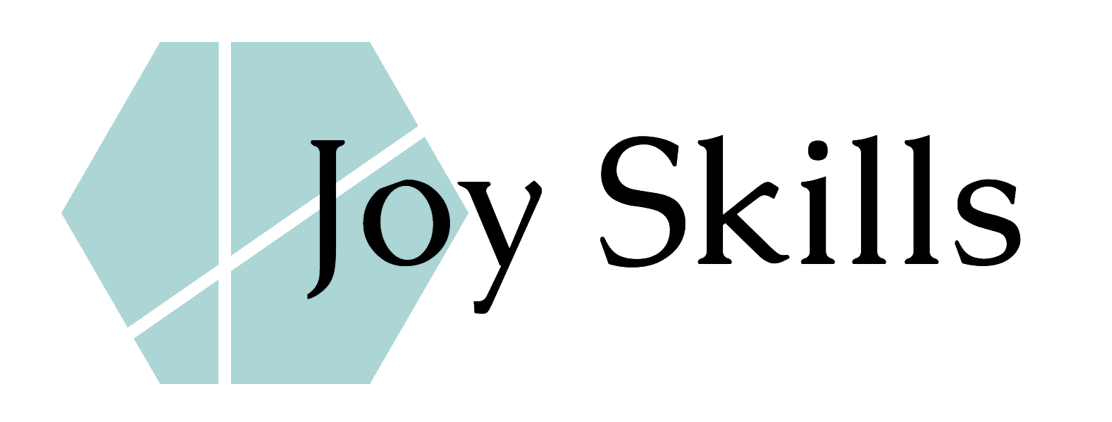Have you learned to Recognize Your Secret Inner Wiring? 2/2 1 December 2022

Last time I shared how Ruth and my spiralling arguments were caused by our attachment style being the opposite to each others.
I realised Ruth would physically and emotionally step forward because that is how she was wired. I would then step back physically and emotionally because I felt overwhelmed. You can read the blog here.
Ruth and I were both managing some deep wiring in our brains. Recognizing this – recognizing attachment styles is one of the key skills we teach in Joyskills.
Ruth and I were both operating from a foundation of fear that was in place long before we would ever take our first steps as infants. The issues we were having in our relationship are some of the most studied in childhood development and psychology.
As babies we look for predictable, consistent, kind responses to our cries and needs. The extent to which our caregivers were “with us” emotionally and physically in a loving way shapes our brain for love or fear; for distance of for closeness.
When our parents are consistent, predictable and joyful our bonds with our parents are loving and secure. Decades of research show that having a secure attachment with a primary caregiver leaves children healthier and happier and lays the foundation for good relationships throughout life which itself creates the framework for satisfaction, success and physical health.
As Hoffman et al say, “a secure attachment is like a virtual teddy bear. When you have confidence and trust in the goodness of me you, us, you carry that trust with you through important transitions and passages in daily life… Secure attachment is knowing that someone has your back and knowing someone has your back opens a world of new possibilities
If your early experiences left you questioning your sense of being worthy of love, fearful of being rejected, or with an unquenchable thirst for reassurance, then you probably still feel this way. You are likely to have insecure attachment. You can chat to us about that or take the short questionnaire found free at https://yourpersonality.net/attachment/

